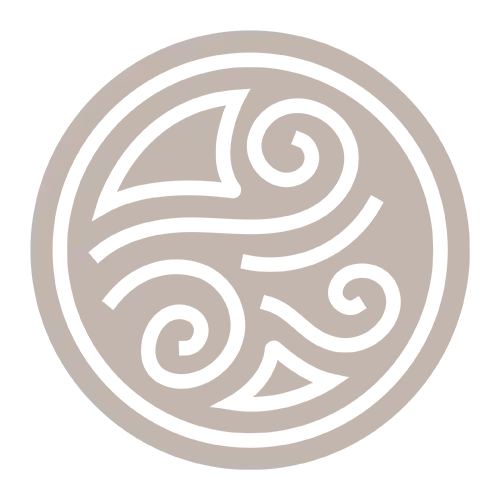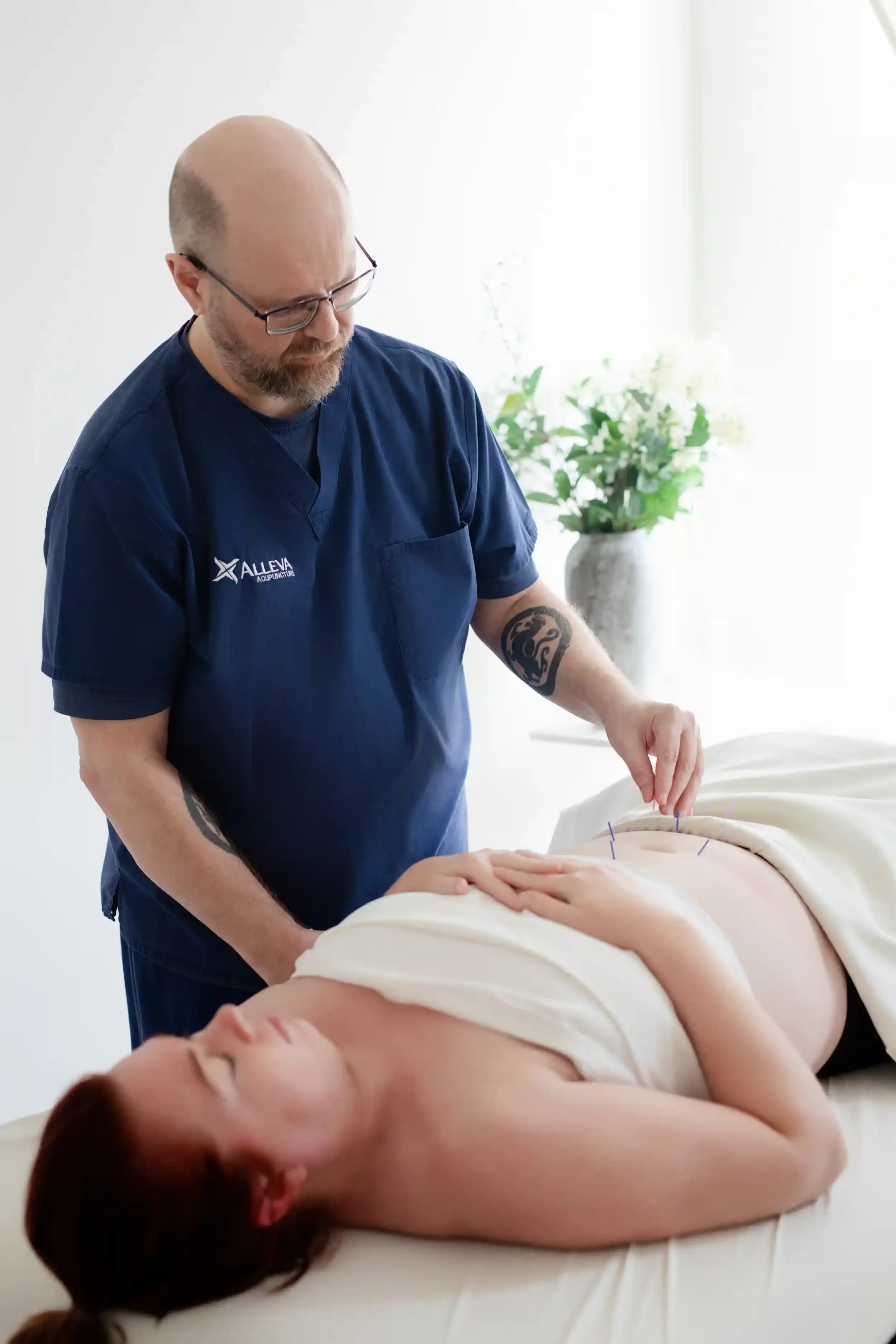
Women’s health treatments should be unique to women.
Why Our Patients Come to Us
Our traditional healthcare system often fails women. Insurance companies throw up road blocks to treatment, doctors don’t have the time to stop and listen, and to this day, research is focused on men’s bodies. At Alleva, we specialize in women’s health and in finding solutions that help women feel like themselves again.
How We Help
Traditional Chinese Medicine (TCM) has addressed women’s wellness for centuries, incorporating therapies like acupuncture, herbal medicine, and abdominal bodywork to restore balance and improve well-being. By addressing factors like blood flow, fatigue, stress, diet, and emotional strain, TCM offers natural, safe, and holistic approaches to treating common women’s health concerns.
Here at Alleva, our treatments are designed to address hormonal imbalances, regulate menstrual cycles, reduce PMS and pain, improve mobility and sleep, lessen reliance on medication, and support emotional well-being by easing anxiety, depression, and stress.
“Research indicates that acupuncture can boost estrogen and other hormones, alleviating hot flashes in menopause and addressing menstrual irregularity.”
— Time Magazine, 2022
CONDITIONS WE TREAT
Women’s health includes a wide range of conditions, from those unique to women – like menstruation, menopause, and pregnancy – to those that affect each gender differently, such as fertility or heart disease.
Blood Sugar, Cholesterol, Blood Pressure, Metabolic Issues
Bone Health, Osteopenia, Osteoporosis
Breech Baby
Cesarean Scar Recovery, Post-Surgical Scar Tissue Pain
Endometriosis
Female Infertility
Frozen Shoulder
IBS, Digestion, Constipation
Labor Preparation
Lactation Support
Menstrual Cramping, Dysmenorrhea
Migraine Headaches
Perimenopause, Menopause, Hot Flashes
Period Pain and Dysmenorrhea
Polycystic Ovary Syndrome (PCOS)
Postpartum Depression and Anxiety
Postpartum Recovery
Premenstrual Syndrome (PMS), Premenstrual Dysphoric Disorder (PMDD)
“The best all-natural therapy group I have been to… both practitioners are phenomenal.”
“I am obsessed with Alleva Acupuncture! It is the best all-natural therapy group I have been to. They are helping me treat an array of ailments all encompassed into one treatment plan. I first started with Damon for massage therapy to treat lower back pain….He sets himself apart from the rest by being very caring in his approach. He explains what he will be doing and ensures your comfort the entire time.
Because the practice promotes overall wellness, he listened when I brought up concerns surrounding fertility and women's health. He referred me to Kate for acupuncture and Chinese herbal medicine…. I was blown away by Kate's knowledge and ability to explain these effective treatments that I had never experienced before. She crafted a treatment plan specific to my needs. Both practitioners are phenomenal.”
— Bayleigh B., ★★★★★ Review on Yelp



